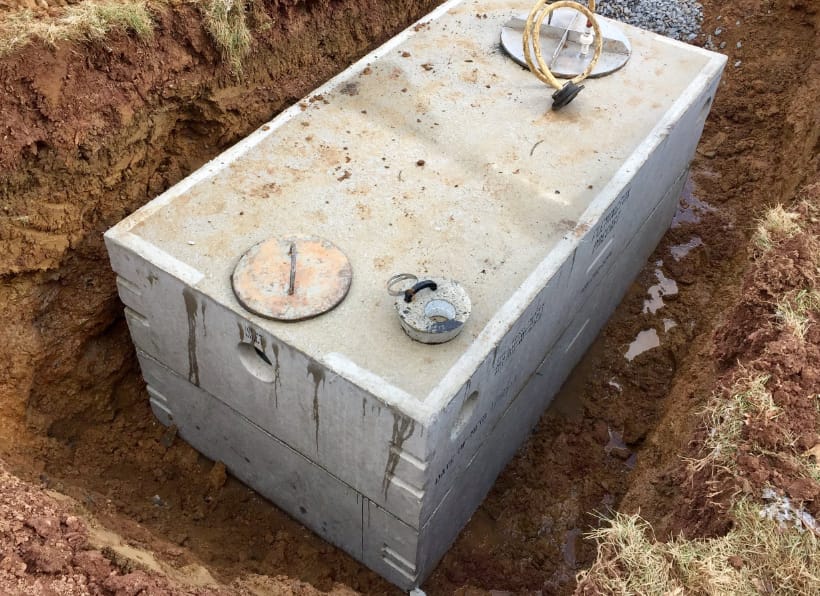
When it comes to wastewater management, concrete septic tanks have proven to be a reliable and efficient solution. These sturdy structures play a crucial role in handling and treating household sewage. Let’s delve into the various applications and benefits of these tanks in different contexts.
Residential Applications
In residential settings, these tanks are the go-to choice for managing sewage. These tanks are designed to separate solids from wastewater, allowing the solids to settle at the bottom while the clarified liquid is discharged into the drain field for further treatment. For homeowners in Brisbane, concrete septic tanks in Brisbane provide an effective and environmentally friendly way to manage sewage while adhering to local regulations.
Commercial and Industrial Use
Beyond residential areas, concrete septic tanks also find application in commercial and industrial sectors. These establishments generate a larger volume of sewage that requires proper treatment. Concrete water tanks, with their durability and effective separation process, prove to be reliable in handling the increased load. Regular maintenance ensures that these tanks continue to function optimally, reducing the impact of sewage disposal on the surrounding environment.
Rural and Remote Areas
In rural and remote areas, where connection to a centralized sewage system might not be feasible, they become even more valuable. These tanks provide an independent sewage management solution, reducing health hazards and environmental pollution. With the right design and maintenance, they offer a cost-effective way to treat and dispose of sewage safely.
Advantages of Concrete Septic Tanks
The popularity of these tanks stems from their numerous advantages. Firstly, their durability ensures a longer lifespan compared to other materials. They are highly resistant to temperature changes and chemical reactions, reducing the risk of deterioration over time. Secondly, concrete tanks require minimal maintenance if used correctly, making them a practical choice for homeowners and businesses alike.
Environmental Considerations
Concrete is an eco-friendly material, making these tanks an environmentally responsible choice. The separation process within these tanks prevents pollutants from entering the soil and water bodies, safeguarding aquatic life and groundwater quality. This is particularly crucial in regions like Brisbane, where environmental preservation is a significant concern.
Conclusion
In conclusion, concrete septic tanks play a vital role in managing sewage across various settings. From residential to commercial, and even in rural areas, their robustness and efficiency make them a preferred choice. As awareness of environmental issues grows, these tanks offer a sustainable way to handle sewage without compromising our surroundings.


